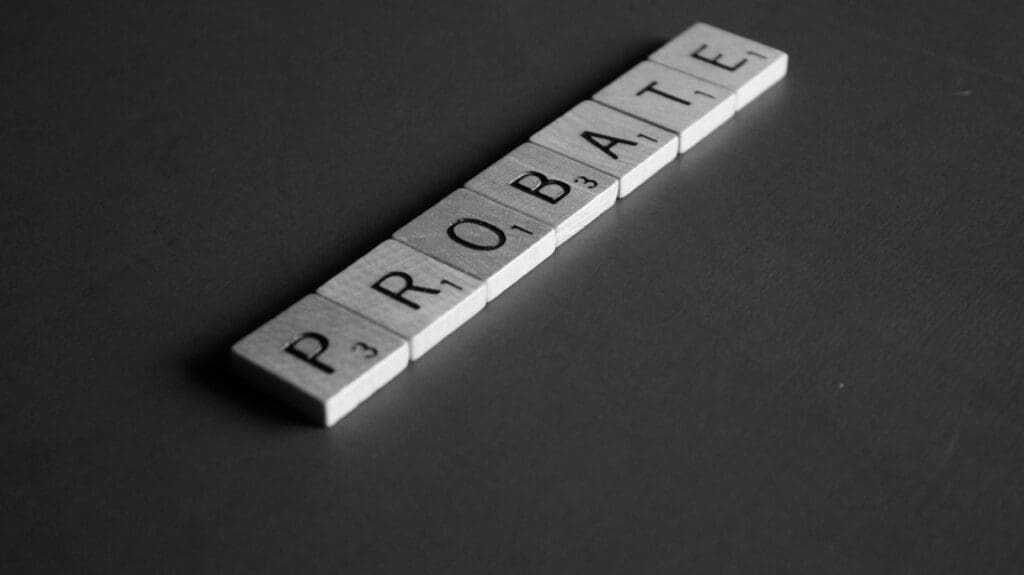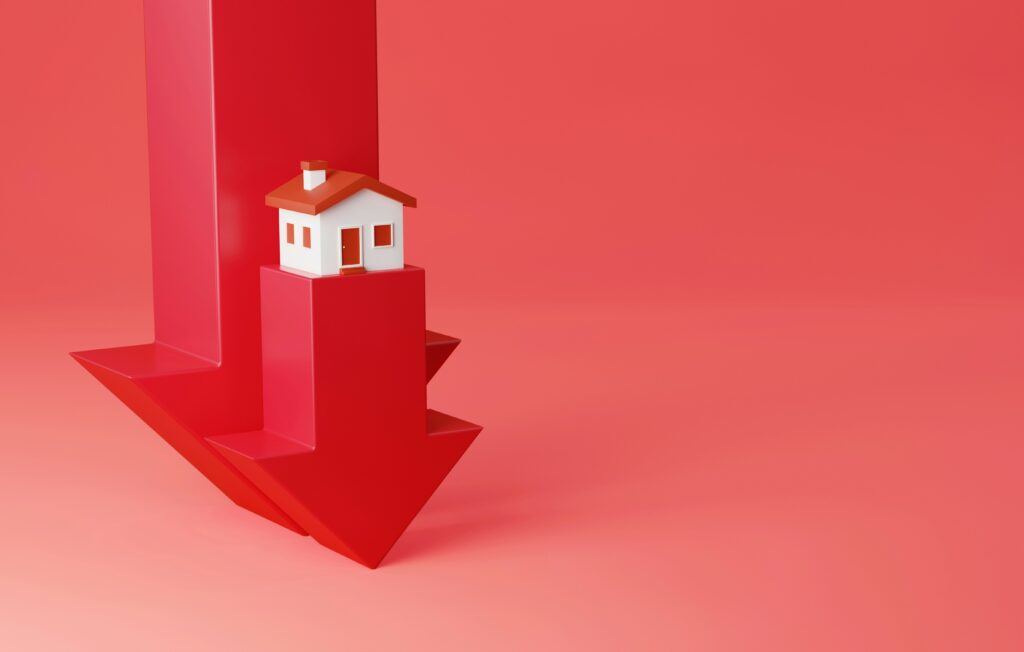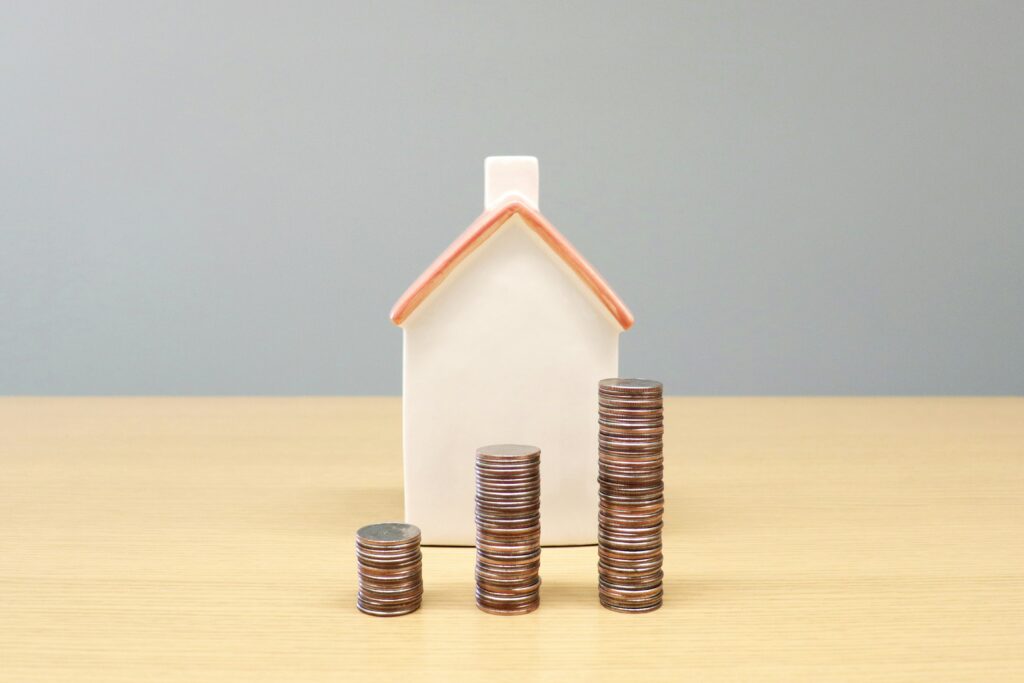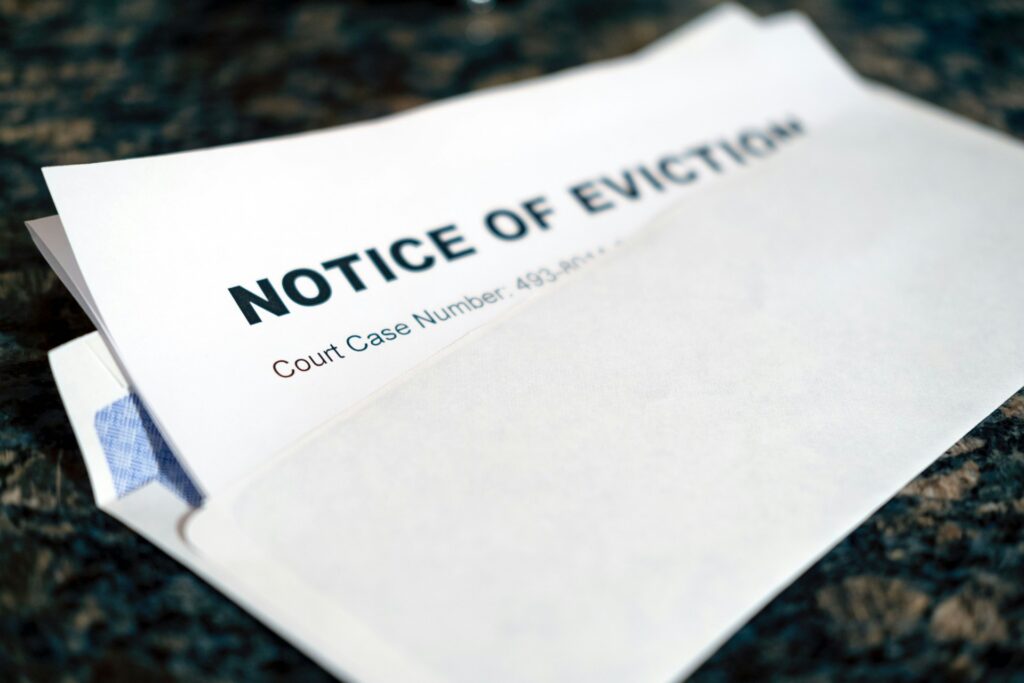Increase Home Value with Residential Solar Panels
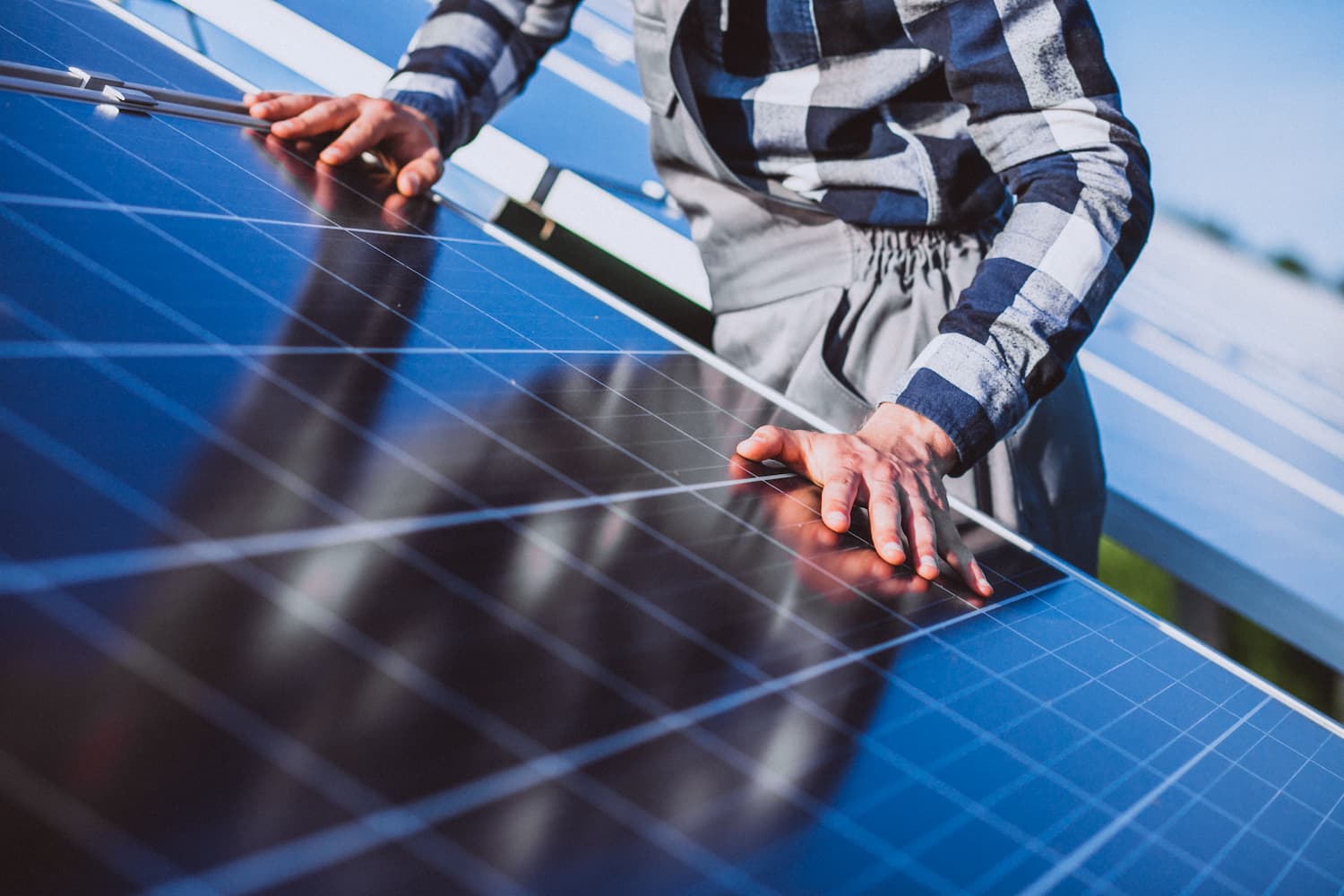
Estimated reading time 8 minutes
While there’s high demand for real estate property right now, you may not be quite ready to sell your home at this time. However, if you consider selling your home in the future, you may want to consider adding a solar system to increase your home’s value.
Not only does a solar system save you energy, but it can also increase the value of your home.
Going Green Attracts Buyers
There’s no question that going green with residential solar panels attracts buyers. Solar systems continue to be extremely popular in the UK with the drive to renewable, green energy. A study by EffectiveHome, which specialises in solar panels, found that sale prices for homes with solar systems rose about 14%. And that’s because these homes had solar panels.
The reason for this boot in home value is because more people want to have a greener lifestyle and save money on energy prices. Gas and electricity prices continue to rise, making solar systems look more enticing. Potential homebuyers are looking for homes already set up with solar so they can save money on utilities right away. They also save by not having to install a new system on their new home right away.
As climate change, the environment, and energy prices continue to be a huge factor in our lives; there’s no question that buyers are looking for homes with solar systems to save money and energy.
The study found that the average home value increase due to solar panels is £32,459 across the UK. Here are some specific locations that have an even higher average in boosting home values:
- London: homeowners here may see their property value increase by £90,000
- Bristol: solar panels can add up to £45,142 to their home value
- Edinburgh: may expect a boost of over £40,000 to home value with the addition of solar panels
How Do Solar Panels Add Value to Your Home?
As noted earlier, many people are looking for ways to save energy and live a greener lifestyle. For this reason, more property buyers are looking for homes that have solar panels installed. They want to save money on energy and have a lower carbon footprint.
In addition, properties listed for sale must have an Energy Performance Certificate (EPC), which also makes energy efficiency one of the main factors when buying a home. Obtaining an EPC is the responsibility of the homeowner.
This certificate demonstrates how energy efficient a property is. Having triple-glazed windows, insulation, solar panels, and more helps a home save energy under normal usage. So, solar panels may help your home gain a higher EPC rank (A is the highest and means your home is very energy efficient, while G is the least efficient).
With a higher EPC rating, your home will be even more attractive to buyers. Remember, buyers are looking for homes with pre-installed solar panels. They don’t want to have to pay for installation in order to enjoy the benefits that solar can provide.
So, adding solar panels to your home can significantly increase its value. However, there are some downsides you must also consider.
Solar Panels May Decrease the Value of a Home
Just as the installation of solar panels can increase the value of a home, they can also decrease its value. But how?
Here are some ways a solar system could devalue your property:
Eyesore: solar panels may be considered an eyesore in some locations. It’s also possible to choose a system that’s not as attractive as others.
Maintenance: solar panels require regular maintenance to keep them working at top performance. Maintenance can include cleaning, repairs, and more. Some homebuyers may not want the “hassle” of solar panel maintenance.
Roof complications: if the new homeowner wants to redo the roof or build an extension, solar panels can make this more complicated and expensive.
These are potential ways solar panels could devalue your home. It all depends on the homebuyer and what they’re looking for. But it also depends on the condition of your home (the roof, for example) and the buyer’s plans for the property.
Potential Drawbacks to Homeowners for Installing Solar Systems
You may also want to consider some of the drawbacks of installing a solar system in your home. These drawbacks will affect you more than a homebuyer.
1. Solar Systems are Expensive
For a typical residential solar system that generates between 3-4 kWp, expect to pay at least £6,500. This is much more affordable than in the past, but it’s still a large investment.
So, before installing a solar system, consider the impact on you and your budget. If you’re planning to sell your home in the near future, you won’t enjoy the benefits of solar and may not pay off the balance on the installation. However, if the system boosts your home’s value, the tradeoff may be worth it.
2. Solar Panels Depend on the Weather
Another problem is that solar panels are dependent on the weather. They work much better in summer when there’s more sunlight than in the dark of winter. Solar panels are the most effective on clear days with plenty of sunlight.
However, the weather across the UK can be extremely unpredictable. During winter, it may be necessary to rely mostly on the grid. What’s more, solar panels only work in the daytime.
3. Solar Panels Need the Right Roof
Next, solar panel systems require a south-facing roof with a 30-45 degree angle. The roof must also be unobstructed by shade from nearby buildings, trees, and more. If your home’s roof doesn’t fit these requirements, your solar system may not be as effective.
4. Solar Panels Need Plenty of Space
Solar panels also need a lot of roof space, with most averaging about 2 m2 per panel. Plus, the more electricity you’d like to generate, the more panels are needed.
One solution may be to consider high-efficiency panels. These are premium solar panels that are more expensive; however, a small number of these panels can do the same work as a larger number of standard solar panels.
5. Return on Investment Not Immediate
Finally, the return on investment is not immediate once a solar system has been installed. Yes, you’ll be saving on electricity costs; however, you won’t break even on the panels until they’ve been paid off. In some cases, that may take between 16 and 22 years, depending on the overall cost of installation.
Summing It Up
There’s a lot to consider when it comes to installing a solar system in your home. While the cost of installation may be high, the overall boost to your home’s value may be worth the investment.
Adding a solar system to your property can definitely increase its value, especially if you are considering selling your property in the future. Sell your house for free with Bettermove, whenever it suits you.
